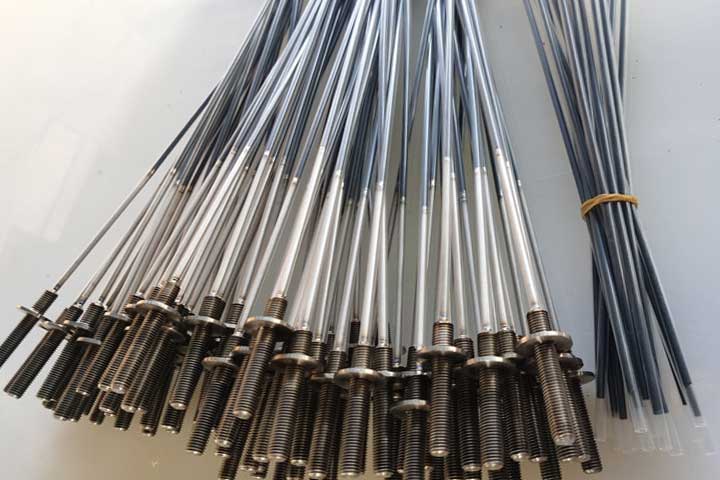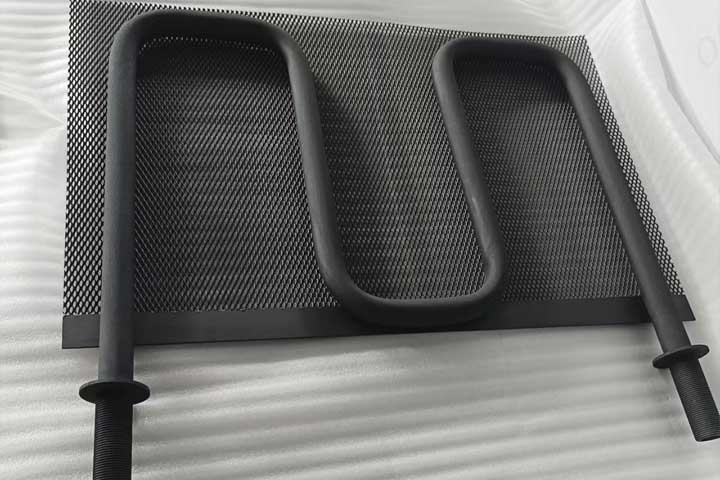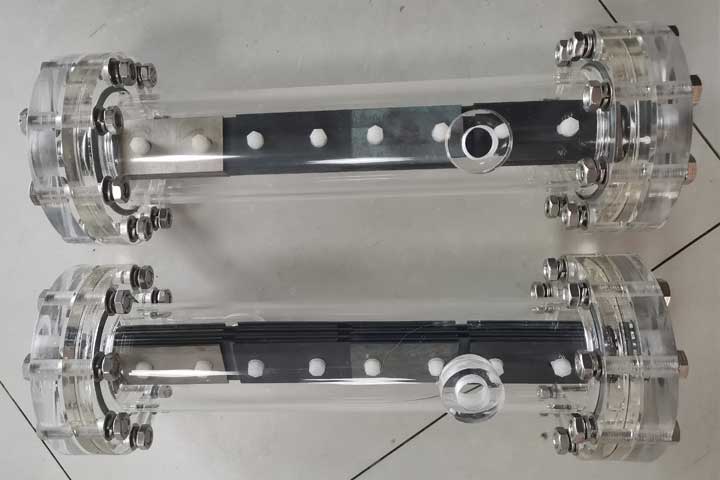Titanium anode for pharmaceutical industrial wastewater treatment
Titanium anode for pharmaceutical industrial wastewater treatment
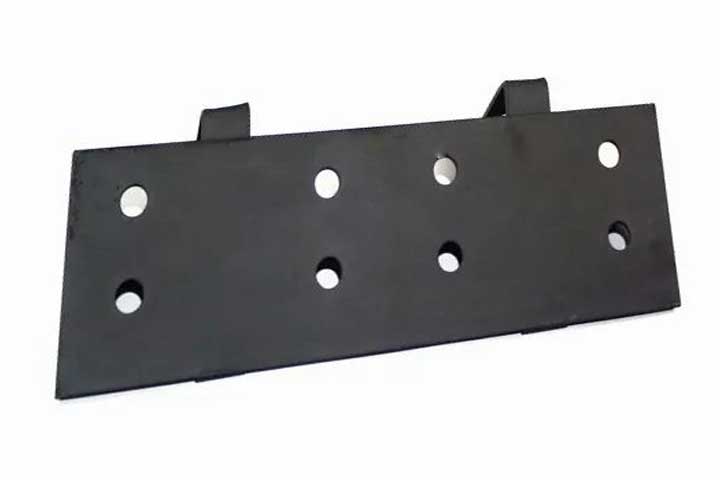
Current situation of the industry
Pharmaceutical industrial wastewater mainly includes four categories of wastewater from antibiotic production, wastewater from proprietary Chinese medicine production and washing water and rinsing wastewater from various kinds of preparation production processes, which has complex composition, high organic content, high toxicity, deep chromaticity, high salinity, poor biochemical properties and intermittent discharge, and is a relatively difficult industrial wastewater to treat. The pollution caused to the environment is global and serious. Some hard-to-degrade organic substances are highly toxic and even carcinogenic, teratogenic and mutagenic, and enter the human body through the food chain after being discharged into water body, which poses great threat to human health.
The treatment of such industrial wastewater is mainly represented by electrochemical treatment methods.
1. electron transfer only takes place between electrolysis and wastewater groups, avoiding the problem of secondary pollution caused by the traditional addition of redox agents.
2、The reaction conditions can be adjusted at any time by changing the applied current and voltage, which is more controllable.
3, electrochemical reaction without goods rarely produce secondary pollution, mild reaction conditions, at room temperature and pressure can be carried out.
4、The reactor and operating equipment are simple, and reasonably designed, and the traditional cost is comparable.
5、When the wastewater contains metal ions, the cathode and anode can work at the same time (cathode reduces metal ions, anode oxidizes organic matter), so that the treatment efficiency can be improved as much as possible, and valuable chemicals or metals can be recovered and reused at the same time to bring benefits to the enterprise.
The key component of pharmaceutical industrial wastewater treatment equipment is the titanium anode, and it is especially important to choose a high-quality anode. To reduce COD, we mainly rely on the oxidation reaction on the surface of the anode, which is directly on the surface of the anode to oxidize and degrade the organic matter. Therefore, if the water contains more organic matter, an iridium anode should be used, which is more conducive to the decomposition of organic matter in water.
ODEVS production of titanium anode in the precipitation of oxygen, precipitation of chlorine electrolysis process, can withstand higher current density, can significantly reduce the tank voltage, energy saving effect is very obvious, and does not pollute the media, long-term use, the substrate active layer lost activity can be returned to the factory for recoating, and titanium substrate can be reused, saving equipment costs, without adding pharmaceuticals, no secondary pollution, safe and reliable, can actually solve The problems faced by enterprises.
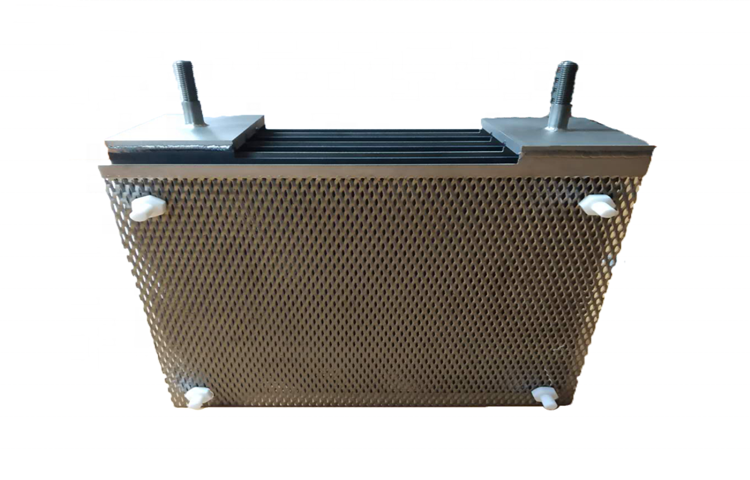
ODEVS professional production and development of titanium anode for many years, has been for the petroleum, oil refining, petrochemical, biodiesel, fine chemical industry, printing and dyeing, textile, clothing industry, washing, electrical appliances, circuit board printing, electronics industry, heavy metals, surface cleaning treatment, electroplating industry, brewing, food processing industry, pharmaceutical production industry, power plant electronics/power industry, polysilicon processing, solar energy industry, construction property industry, the We design and develop anode products for various purposes without using industries and customers, and our products have stable and reliable performance. Welcome to call us for customization.

